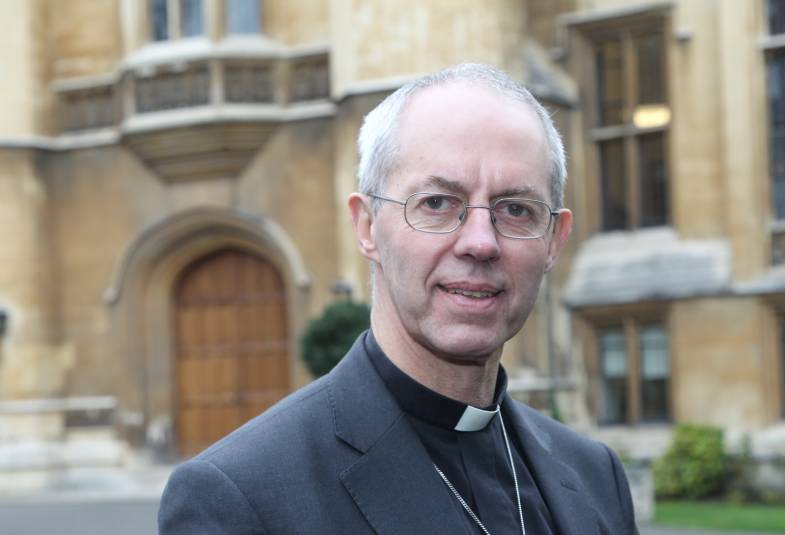13/10/2016

The service commemorated the work of William Wilberforce and marked the launch of the role of the Independent Anti-Slavery Commissioner.
Read the text of the speech:
When we hear the word slavery, we often think of something overseas. Slavery is all around us, but we are too blind it see it. It is in our hands, and yet we are too insensitive to touch it. To change that, we do not face a problem of stupidity but of awareness.
It was during a visit to Derby diocese in June that the bishop – who has led the Church of England’s response to modern slavery so capably – introduced me to the remarkable police officers tackling trafficking and slavery in Derbyshire.
One of them told me of the evolution in how they recognise the signs of slavery. Previously, if raiding a house, they had found a significant number of people, one of whom held the passports of all locked away, they would have assumed they were keeping the passports safe. Nowadays, he explained, this is an almost infallible sign of slavery.
We drive past slaves at car washes, we encounter slaves in the street doing routine jobs, for which they receive virtually nothing. We buy goods where the supply chain includes slavery.
It is around us. It is in our hands.
William Wilberforce convinced his generation that slavery was a sin – a sin that was a curse of the country in which he lived. That belief has not changed. Yet slavery still demeans more than 30 million in our world. This is the reality for thousands, possible tens of thousands, in our own country, not because we think it is acceptable, but because our sin lies in blindness and ignorance.
I have had to learn that myself. Change that and the problem will be transformed. At the heart of that slightly demanding and complex reading a few moments ago, is freedom.
Paul is writing in a world where 30 per cent of the population were slaves and slavery was visible all around, absolutely unchallenged.And he tells the Galatian Christians that in Christ there was no difference between the slave and the free.
Try to imagine the shock that would have been felt, especially by the free, when they first heard those words. More so, imagine the hope that would have sprung in the heart of the slaves. Before God, they were equal to everyone.
Today, we must again proclaim freedom, shocking the complacent and complicit, and giving hope to the enslaved. The work and voice of the Independent Anti-Slavery Commissioner is key in that mission. And we must pay tribute to the Government for its leadership.
This work will bear fruit when within our culture, the use of goods made with slavery, or the taking of services which use those who have been trafficked, is as unacceptable to us as it is to God, and as it was to William Wilberforce.